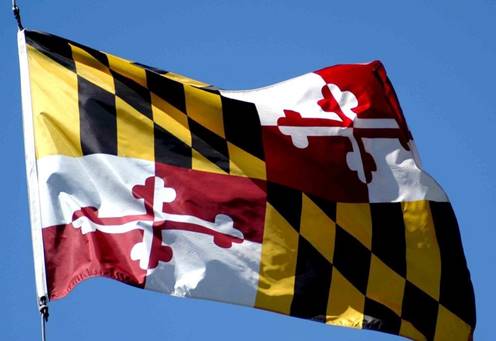New legislation for renewable energy portfolio standards will ultimately benefit the customers of Easton Utilities and other municipal utility companies across Maryland. “We owe a special thanks to Delegate Johnny Mautz and Senator Addie Eckardt who sponsored the bill in the House and Senate respectively, Senators Steve Hershey and J.B. Jennings who co-sponsored the bill in the Senate, Delegates Chris Adams and Jesse Pippy who supported the bill for their districts in the House, and Governor Larry Hogan for his approval. All of them helped create a more level playing field between all utilities in the state,” said Hugh E. Grunden, President and CEO of Easton Utilities.
Maryland’s Renewable Energy Portfolio Standard (RPS) sets requirements for certain types of renewable energy credits (RECs) to be purchased by electric utilities. Larger utilities have significant market leverage for buying RECs and can spread the burden for these costs among a much bigger customer base. Municipal electric utilities make up less than 1% of the total electric utility customer base in Maryland and therefore encounter much higher REC pricing to meet the RPS requirements.
To ensure these small voices would be heard, last year Easton Utilities hired Old Line Government Affairs to help advocate for these legislative changes, and ultimately avoiding disproportionate cost increases for Maryland’s municipal electric utility customers. Specifically for Easton Utilities’ electric customers, this approved legislation eliminates these future disparate bill increases for municipal utility electric customers. This legislation will eliminate a projected cost of $15.7 million (spread over the next ten years) to Easton Utilities’ electric customers. In addition to Easton, there are four other municipal electric utilities in Maryland who partnered together to advocate for this legislation on behalf of their electric customers: Berlin (Worcester County), Hagerstown (Washington County), Thurmont (Frederick County), and Williamsport (Washington County).
This legislation preserves the municipal electric utilities’ obligations within Maryland’s RPS program while creating fairness within the marketplace for their customers. Easton Utilities remains committed to resource conservation and environmental stewardship. The Easton Sustainability Campus is comprised of multiple, diverse renewable energy sourced including the ENR (Enhanced Nutrient Removal) Wastewater Treatment Facility and a two-megawatt solar array. Most recently, Easton Utilities partnered with US Fish and Wildlife to grow pollinator friendly native plants onsite.
To ensure the company remains dedicated to these efforts and seek out additional projects with a similar focus, Easton Utilities has an Environmental Committee. These employees research opportunities aimed at conservation including a recycling program, watershed clean-up initiative, habitat revitalization, and other community restoration projects. In addition, last year Easton Utilities and the Town of Easton partnered to install an Electric Vehicle Charging Station in downtown Easton to promote alternative transportation options.
“From our annual tree planting to our LED streetlight conversion, we try to proactively seek out cost effective projects that will positively impact our environment,” added Grunden.

